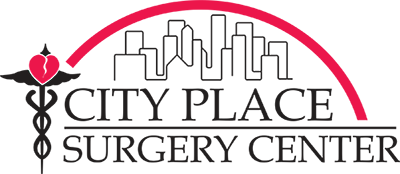Reducing Dependence On Pain Medication
After surgery, patients typically experience some pain and discomfort during recovery. For a long time, one of the most common ways to manage pain was through a prescription for opioids. However, due to an ever-growing spotlight on the opioid crisis in the US, many surgeons are looking for ways to minimize and even completely do away with prescribing opioids after surgery. One of the best ways to have an opioid-free surgery and still find back pain relief is through minimally invasive surgery.

Finding effective pain management
When prescribed by a doctor, opioids can be a useful pain management tool after surgery. In recent years, however, more and more people are observing the addictive nature of these prescriptions. This can be problematic for some patients. In the last few years, the US Department of Health and Human Services began focusing on ways to decrease opioid use and declared addiction a public health emergency.
What is the answer?
To help address this addiction crisis, more and more surgeons are opting for minimally invasive surgery (MIS) techniques. In many cases, using minimally invasive surgical options can minimize or even altogether avoid the need for an opioid prescription. MIS is safe and effective. The procedures are typically associated with fewer incisions, less pain, shorter recovery periods, lowered chances of infection, and shorter stays in the hospital.
Decreasing the chances of addiction
Minimally invasive surgery is growing in popularity. Today, people can undergo many different types of minimally invasive procedures, including back surgery. Opioid dependence is a common problem for patients with chronic back pain. However, undergoing minimally invasive surgery can help many of these people find back pain relief without opioid dependence.
Research shows the benefits
Some studies specifically have shown the effects of minimally invasive surgery on back pain. In one study, patients underwent minimally invasive spine surgery. Those who had traditional open surgery had only a 15% chance of avoiding opioid use. However, those who had a minimally invasive procedure had over a 51% chance of recovering without using any opioids at all for pain management.
What should I ask my doctor?
Patients should understand that MIS may not be the best solution for every situation. However, when possible, people should discuss minimally invasive surgical techniques with a surgeon. Additionally, patients can talk to the surgeon about pain management strategies that don’t involve opioids. Some research has found that patient education is one of the key ways to reduce opioid dependence. At one hospital, by upping patient education strategies, 83% of surgical patients were able to avoid using opioids altogether.
Preparing for spine surgery
Before undergoing spine surgery for back pain, patients should consult with the physician about the available surgical options. Minimally invasive surgery can mean shorter recovery, less pain, and a decreased need for prescription opioids. Speak with a healthcare provider to learn more about minimally invasive surgical options.




